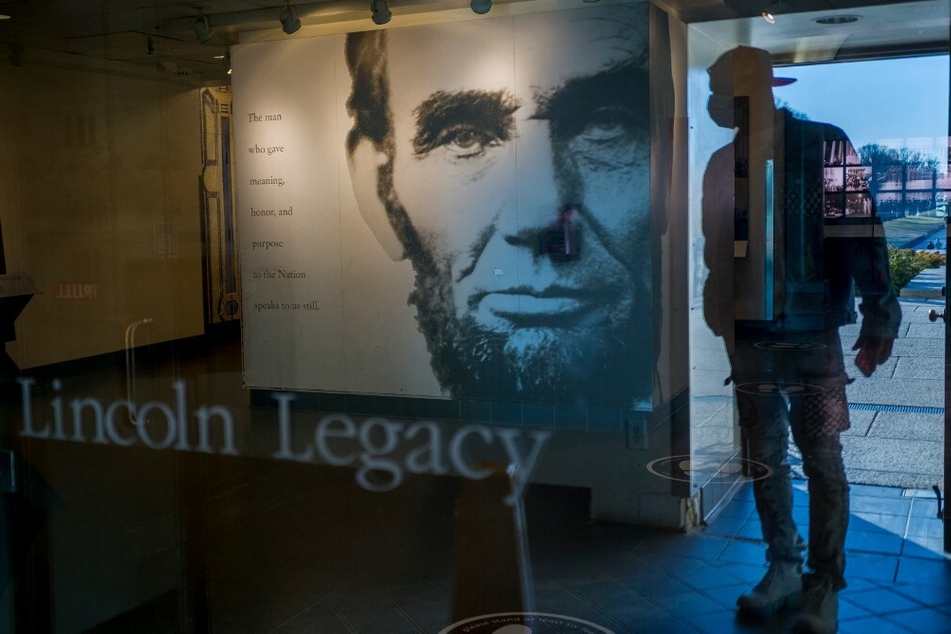Reparations: That time the US paid out compensation – just not to the victims of slavery
Washington DC - As grassroots demands for reparative justice for Black Americans are ramping up, activists are pointing to the US government's past history of reparations around slavery as even greater reason to take action today.

The US government has so far declined to act when it comes to reparations for Black Americans, despite growing popular support.
Even though advocates are convinced that HR 40, the Commission to Study and Develop Reparations Proposals for African-Americans Act, has enough support to pass in the House, progress remains slow.
First proposed in 1989, the bill calls for an official apology from the US government.
It would also create a $20-million investment in a commission that would examine ways of addressing Black-white racial disparities stemming from enslavement through the present day.
Providing reparations to Black Americans is often depicted as a pipe dream and financially unworkable.
But reparations is not a new concept in US history, and it wouldn't be the first time the government has compensated people for losses caused by its policy around enslavement.
In fact, the first US government compensation program went not to Black victims, but rather to white former slaveholders.
Compensation for former slaveholders

Slavery was effectively ended in Washington DC when President Abraham Lincoln signed the District of Columbia Compensated Emancipation Act in April 1862.
In that legislation, the federal government set aside $1 million and said that slaveholders had to submit written records of the people they had enslaved, including names, physical descriptions, and estimates of their individual monetary value.
The federal government then granted up to $300 for each "liberated" enslaved person to slaveholders who swore loyalty to the US government. A three-person commission was created to distribute those funds.
Meanwhile, Black people who had been enslaved were, by and large, not compensated for the the horrors they had suffered.
Their labor had served to make white people and institutions rich. The US government's policy of giving slaveholders even more money did nothing to help formerly enslaved people get on their feet and only served to expand the Black-white wealth gap.
It would be another century before Black people were recognized as full US citizens.
Cover photo: MICHAEL M. SANTIAGO / GETTY IMAGES NORTH AMERICA / GETTY IMAGES VIA AFP

